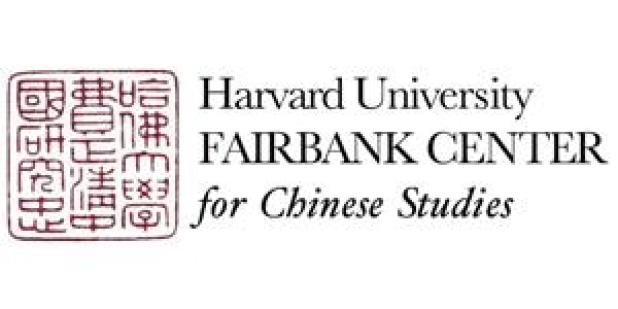Join us for a free one-day workshop for educators at the Japanese American National Museum, hosted by the USC U.S.-China Institute and the National Consortium for Teaching about Asia. This workshop will include a guided tour of the beloved exhibition Common Ground: The Heart of Community, slated to close permanently in January 2025. Following the tour, learn strategies for engaging students in the primary source artifacts, images, and documents found in JANM’s vast collection and discover classroom-ready resources to support teaching and learning about the Japanese American experience.
How Does China's Foreign Aid Undermine the Effectiveness of US Foreign Policy?
Harvard's Fairbank Center for Chinese Studies hosts a talk on analysis of UN General Assembly voting data and how China's foreign aid undermines US foreign policy.
Where

Speaker: Wen-Chin Wu, Assistant Research Fellow, Institute of Political Science, Academia Sinica; HYI Visiting Scholar, 2019-20
Chair/discussant: Christina Davis, Professor of Government, Harvard University; Susan S. and Kenneth L. Wallach Professor, Radcliffe Institute
The economic rise of China is inspiring a burgeoning literature on how China uses its economic power to influence other countries’ domestic politics and foreign policy. In this study, I analyze how China’s foreign aid discourages its recipients from complying with US foreign policy goals in the United Nations General Assembly (UNGA). Previous studies have shown that the US can successfully lobby other states to support its position in votes on UN resolutions that it deems important to US interests, such as those on human rights issues. In this study, I use a new dataset on Chinese foreign aid and hypothesize that the emergence of China as a major donor makes developing countries less dependent on US aid. In particular, third countries would be less likely to comply with the US on important votes in the UNGA if they receive more aid from China.
Featured Articles
Please join us for the Grad Mixer! Hosted by USC Annenberg Office of International Affairs, Enjoy food, drink and conversation with fellow students across USC Annenberg. Graduate students from any field are welcome to join, so it is a great opportunity to meet fellow students with IR/foreign policy-related research topics and interests.
RSVP link: https://forms.gle/1zer188RE9dCS6Ho6
Events
Hosted by USC Annenberg Office of International Affairs, enjoy food, drink and conversation with fellow international students.
Join us for an in-person conversation on Thursday, November 7th at 4pm with author David M. Lampton as he discusses his new book, Living U.S.-China Relations: From Cold War to Cold War. The book examines the history of U.S.-China relations across eight U.S. presidential administrations.




